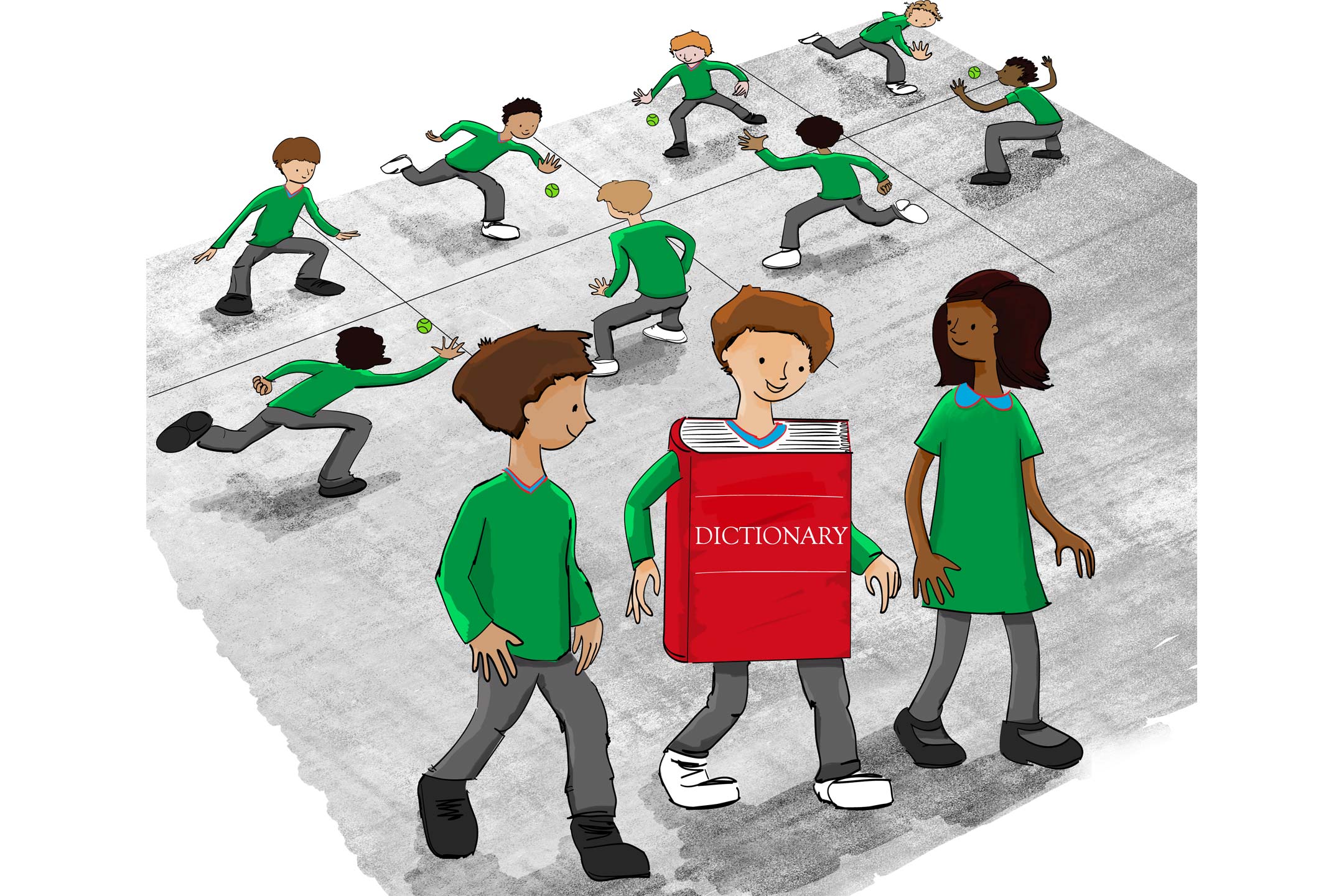
05 Sep A Teacher’s Intuition
Karen Eriksen was not prepared for the train of events set in motion by her son’s school report.
It was Year 2 school report time. Our son had never been an easy child, but we were relaxed. We’d had frequent positive updates from his teacher and expected quite a good report, which we intended to hand in as part of an application for a private high school. And there it was, the big white envelope. The report’s negative summary took us completely by surprise. We met with our son’s teacher, who explained the report to us and also elaborated on our son’s sometimes unusual behaviour in the classroom.
He was very set on classroom routines, she said, didn’t cope with change very well, was prone to meltdowns and interrupted her often. On the other hand, he had an amazing wealth of knowledge. However, sometimes he had problems concentrating and finishing his work – hence some of the average results. Recess and lunch times were also problematic; they had been sending him to the library to avoid conflict with his peers. The word Asperger’s was mentioned for the first time.
Asperger’s syndrome is an autism spectrum disorder named after Austrian paediatrician Hans Asperger, who described children with non-verbal-communication problems in a thesis in 1944. Children with Asperger’s can lack empathy and miss social cues. They use intellect rather than intuition to deal with social situations.
They often have remarkable knowledge in one field of interest and a fantastic memory. This is true of our boy, who is a walking dictionary with an astounding vocabulary in English and German.
Kids with Asperger’s are often seen as eccentric or odd and can be overwhelmed by the demands of daily life and become the object of bullying. The concentration necessary to function normally and the accompanying anxiety can lead to mental and physical exhaustion. Their subsequent frequent meltdowns can cause peers to distance themselves, especially as they get older. They can also be affected by gross motor skill problems or clumsiness. If most of the kids in the schoolyard are playing handball, our boy becomes isolated because of his lack of coordination. Children with Asperger’s can also have difficulties with criticism and imperfection and take everything literally.
After meeting our son’s teacher, we were in shock.
The possibility of Asperger’s syndrome had life-long ramifications. We went through denial, despair, tears and feelings of helplessness. Then we were lucky: a brilliant young psychologist connected to Australian Asperger’s authority, Tony Attwood, could see our son fairly quickly. My son and I filled out lengthy questionnaires, and he was tested for hours, including having to interpret people’s feelings from photos of different facial expressions. Reading people’s expressions is hard for people with Asperger’s.
I thought he did quite well, but the verdict was textbook Asperger’s. This has led to frequent sessions with a psychologist, who is trying to help my son understand his emotions, anger and frustrations and deal with them in an appropriate manner. ‘No more meltdowns’ is the mantra. But the main help will come from us.
After working our way through a mountain of books on Asperger’s, we are still in two minds about where our son is on the autism spectrum. But we are adamant that his condition does not become an excuse for unacceptable behaviour, and we believe his high intelligence will help him compensate for social insecurities, as it has in the past. As well, our very busy household has conditioned him from an early age to accept a lot of different people around him.
Unlike many others with Asperger’s, he will look strangers and friends in the eye and greet them properly. He enjoys his friends’ company, tries not to dominate play, and, in team sports, does his best. He doesn’t seem to be very sound or light-sensitive and doesn’t show unusually repetitive behaviour.
We now know things are not that bad. He will just need more guidance and patience. Knowing as much as possible about our child gives us the best shot at helping him lead a contented life. Therefore, we are immensely grateful to that teacher who had the courage to point us in an uncomfortable direction.
Illustration by Alex Wegner




